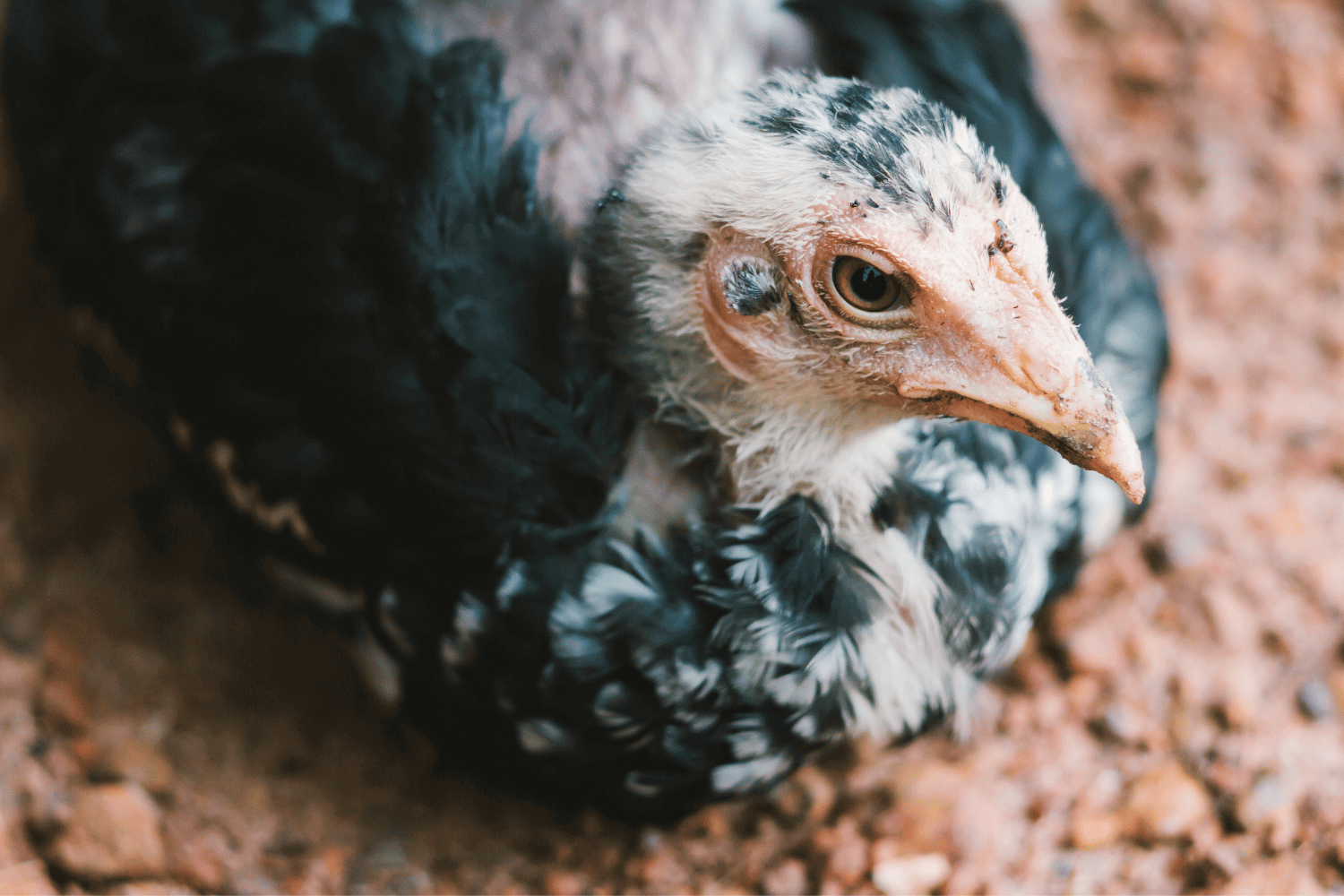Chicken First Aid: How to Handle Common Health Emergencies
Raising chickens in your backyard can be a delightful and rewarding experience. However, just like any other pets, chickens can encounter health emergencies that require prompt attention. Being prepared to handle these situations can make a significant difference in your flock's well-being. This guide will walk you through the essentials of chicken first aid, including what to include in your first aid kit, how to treat common injuries and illnesses, and specific steps to address issues like respiratory problems and egg-binding.
Essential Items for a Chicken First Aid Kit
Before diving into specific emergencies, it’s crucial to have a well-stocked first aid kit for your chickens. Here are some must-have items:
- Sterile Gauze and Bandages: For dressing wounds and providing support.
- Antiseptic Solution: Such as Betadine or Chlorhexidine, to clean wounds and prevent infection.
- Veterinary Antibiotic Ointment: For treating minor cuts and scrapes.
- Tweezers and Scissors: For removing debris and cutting bandages.
- Cornstarch or Styptic Powder: To stop bleeding quickly.
- Saline Solution: For cleaning eyes and wounds.
- Electrolyte Solution: To help rehydrate and revive ailing chickens.
- Disposable Gloves: To maintain hygiene while treating injuries.
- Epsom Salts: Useful for soaking and treating various ailments.
- Digital Thermometer: For checking the chicken's temperature.
- Eye Dropper or Syringe: For administering fluids or medications.
- Emergency Contact List: Including your veterinarian's number and local animal health resources.
Having these items ready and accessible can save valuable time during an emergency.
Treating Wounds
Chickens are active and curious, often resulting in cuts, scrapes, or more serious injuries. Here’s how to handle wounds:
- Assess the Situation: Calmly evaluate the injury. Determine if it's minor or if it needs professional veterinary care.
- Clean the Wound: Use a saline solution or antiseptic to gently clean the affected area. Removing dirt and debris helps prevent infection.
- Stop the Bleeding: Apply pressure with a clean cloth or use cornstarch or styptic powder to control bleeding.
- Apply Antibiotic Ointment: Use a small amount of veterinary antibiotic ointment to prevent infection and aid in healing.
- Bandage if Necessary: For larger wounds, you might need to bandage the area. Ensure the bandage is secure but not too tight, and change it regularly to keep it clean.
- Monitor the Healing Process: Keep an eye on the wound to ensure it's healing properly. Look for signs of infection, such as redness, swelling, or discharge.
Identifying and Managing Respiratory Issues
Respiratory problems are relatively common in chickens and can be caused by infections, environmental factors, or stress. Symptoms include coughing, sneezing, nasal discharge, and difficulty breathing. Here's what to do:
- Isolate the Affected Chicken: To prevent the spread of illness to the rest of your flock, place the sick chicken in a warm, dry, and quiet area.
- Provide Fresh Air: Ensure good ventilation in the isolation area but avoid drafts.
- Administer Electrolytes: Offer an electrolyte solution to support hydration and recovery.
- Consult a Veterinarian: Respiratory issues often require professional diagnosis and treatment, which may include antibiotics or other medications.
- Keep the Coop Clean: Regularly clean the coop to reduce dust and ammonia levels, which can exacerbate respiratory problems.
What to Do in Case of Egg-Binding
Egg-binding occurs when a hen is unable to pass an egg, which can be life-threatening if not treated promptly. Signs of egg-binding include a hen straining, sitting down frequently, or having a swollen abdomen. Here’s how to help:
- Provide a Warm, Quiet Space: Place the hen in a warm, moist environment, such as a bathroom with a hot shower running to create steam. The warmth and moisture can help relax her muscles.
- Give a Calcium Boost: Offer calcium supplements or Tums to strengthen the hen's contractions and help her pass the egg.
- Lubricate the Vent: Apply a small amount of a water-based lubricant around the vent to ease the egg’s passage.
- Gently Massage the Abdomen: Using gentle, upward strokes, massage the hen’s abdomen to help move the egg toward the vent.
- Seek Veterinary Assistance: If the hen doesn’t pass the egg within a few hours, contact a veterinarian immediately. Egg-binding can quickly become an emergency requiring professional intervention.
Preventive Care for a Healthy Flock
While being prepared for emergencies is essential, prevention is always the best medicine. Here are some tips to keep your chickens healthy and reduce the risk of emergencies:
- Regular Health Checks: Conduct routine checks for signs of illness or injury. Early detection can prevent minor issues from becoming serious.
- Balanced Diet: Provide a nutritious diet that meets all the dietary needs of your chickens. Include treats like Supreme Grubs’ dried black soldier fly larvae, which are rich in protein and beneficial nutrients.
- Clean Living Environment: Maintain a clean and dry coop to prevent the spread of diseases and parasites.
- Vaccinations and Deworming: Follow recommended vaccination and deworming schedules to protect your flock from common diseases.
- Stress Management: Minimize stress by providing plenty of space, avoiding sudden changes, and ensuring a safe environment free from predators.
Conclusion
Having a well-prepared first aid kit and knowing how to handle common health emergencies can make a significant difference in your chickens' lives. From treating wounds to managing respiratory issues and egg-binding, being ready for the unexpected ensures your flock stays healthy and happy. Remember, prevention and regular care are key to reducing the risk of emergencies. With a bit of preparation and knowledge, you can confidently manage your chickens’ health and enjoy the rewards of backyard chicken keeping.

